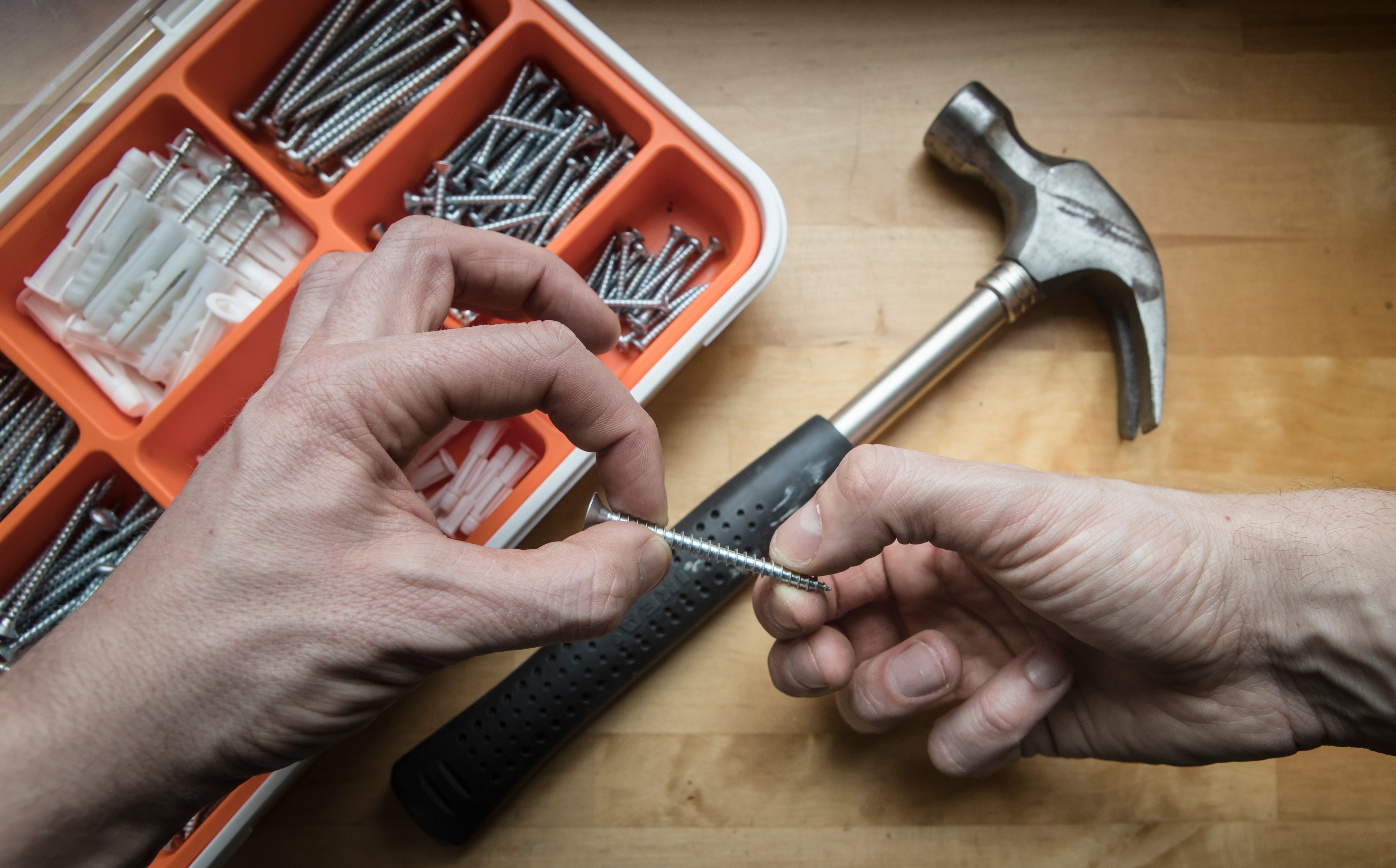The false economies that will cost you a fortune in 2022
Delaying your tax return or ignoring that leaking pipe? It will cost you more in the long run

Many self-employed workers breathed a sigh of relief as the government recently announced a month’s grace on this year’s tax return deadline.
Yet while taking the extra time may ease the strain on your finances in the short term, it will end up costing you more as interest will be applied to payments from 1 February, at a rate of 2.75 per cent, so it’s still better to pay on time if you can.
The thought of anything costing more than it needs to is especially significant right now as money always seems to be short after the festive season.
This year things are especially bleak for millions, with price rises seemingly everywhere – energy bills are predicted to rise by £2,000 this year and inflation is running at 5.1 per cent, its highest level in a decade.
Thanks to tax hikes and soaring bills, workers are expected to lose an average of £1,660 from their annual salaries, according to the Institute of Fiscal Studies (IFS), leaving households facing the biggest sustained reduction in their disposable incomes since the 1970s.
So it’s more important than ever to keep our finances on track and not to spend more than we have to.
Any bill you pay that has a contract will need renewing, usually after 12 months. If, after this time, you don’t check whether there’s a better or cheaper contract, it could end up costing you more. When the deal ends, you’ll usually be placed on an automatic rolling contract, which may well be dearer.
From insurance to energy bills, set a diary reminder so you never end up missing the boat on a cheaper deal. This applies to savings and current accounts, too, which may be losing interest if they aren’t reviewed regularly.
It’s estimated that we are left £1,876 out of pocket by putting things off around the home, and 75 per cent of us admit doing this, according to research by the Gas Safe Register.
Get a free fractional share worth up to £100.
Capital at risk.
Terms and conditions apply.
ADVERTISEMENT
Get a free fractional share worth up to £100.
Capital at risk.
Terms and conditions apply.
ADVERTISEMENT
Two of the most expensive chores we put off are rotting decking, which can cost an average of £3,344 to fix, and leaking pipes, which can cost £2,520 to repair.
Jobs relating to your gas and electricity supply can also lead to big bills. Lazy yellow flames on gas appliances such as boilers or cookers could cost £3,250 to repair, black sooty marks or stains on or around gas appliances could set you back £3,239, while rattling and banging sounds from your boiler could cost £2,333, according to the research.
Regularly servicing gas appliances can lower the chance of needing repairs by 47 per cent. An annual boiler service, according to Which? Trusted Traders, should cost around £86 – significantly less than the £196 average boiler repair bill or £1,500 to £4,764 for a new boiler.
Leaky taps and clogged gutters are two of the most common household issues that are put off, yet both can cause big issues and large bills.
Along with the financial cost, many household niggles if left untreated can cause health problems. Draughty windows or doors, cracks in walls and damp or mould can lead to excess moisture in a home which can cause health issues including asthma and lung disease.
If your budget is tight and you can’t afford to repair all the household niggles in one go, prioritise the most urgent. Those that may cause significant structural damage must be high on the list, while the more cosmetic tasks can be lower down.
The web is littered with videos on DIY projects, and for many things they can be useful and save you money. But if this isn’t where your skills lie, it may be worth calling in a professional, because a faulty repair by you could also create more financial stress.
If you’re having anything done to a gas appliance, use an engineer registered on the Gas Safety Register.
It’s also worth checking your home insurance policy, because you may be covered for repairs on certain household items or for issues such as damp and subsidence. Read the small print and contact your insurer if you need more information.
Join our commenting forum
Join thought-provoking conversations, follow other Independent readers and see their replies
Comments
Bookmark popover
Removed from bookmarks